Cakeshop, Caliper, Cello, Composer, Yobichain, Quilt & more.
1. Cakeshop
Cakeshop is a set of tools and APIs for managing a local blockchain node, setting up clusters, exploring the state of the chain, and working with contracts.
Its source is available at https://github.com/jpmorganchase/cakeshop
2. Hyperledger Caliper
Hyperledger Caliper is a tool for benchmarking blockchain performance indicators such as success rate, throughput, latency, and resource consumption.
Caliper’s codebase is available at https://github.com/hyperledger/caliper and its architecture is depicted below:
3. Hyperledger Cello
Hyperledger Cello is a “blockchain provision and operation system, which helps manage blockchain networks in an efficient way”.
When complete, it would enable building a Blockchain as a Service platform quickly from scratch, provisioning of customizable Blockchains instantly, and maintaining a pool of running blockchain networks.
Its code is available at https://github.com/hyperledger/cello and a typical usage scenario is illustrated below:
4. Hyperledger Composer
Hyperledger Composer is an application development framework for building Hyperledger fabric blockchain applications. It can be used with the browser-based UI (Hyperledger Composer Playground) or as Developer Tools for full application development capabilities.
Its code is available at https://github.com/hyperledger/composer
5. Hyperledger Explorer
Hyperledger Explorer is an open-source browser for viewing activity on the underlying blockchain network. It can view, invoke, deploy or query:
- blocks, transactions and associated data,
- network information (name, status, list of nodes),
- chain codes,
- transaction families, and
- other relevant information stored in the ledger.
Its code is available at https://github.com/hyperledger/blockchain-explorer
6. Hyperledger Quilt
Hyperledger Quilt is a business blockchain tool that offers interoperability between ledger systems by implementing the Interledger protocol (ILP).
ILP is a payments protocol that provides atomic swaps between ledgers and can transfer value across distributed ledgers and non-distributed ledgers.
Its code is available at https://github.com/hyperledger/quilt
7. Multichain Explorer
MultiChain Explorer is a browser for MultiChain blockchains. It reads the MultiChain block file, transforms and loads the data into a database, and presents a web interface.
Its code is available at https://github.com/MultiChain/multichain-explorer
8. Yobichain
YobiChain is your very own private blockchain ecosystem preloaded with a database server, web server, FTP server, D.A.V.E. (Data Authentication & Verification) and S.A.M. (Smart Asset Management).
Its source is available at https://github.com/primechain/yobichain
YobiChain is ideal for
- Startups looking to quickly build a blockchain powered prototype, PoC or MVP.
- Serious researchers/enthusiasts looking to experiment with a live blockchain.
- In-house teams experimenting with blockchain technology.








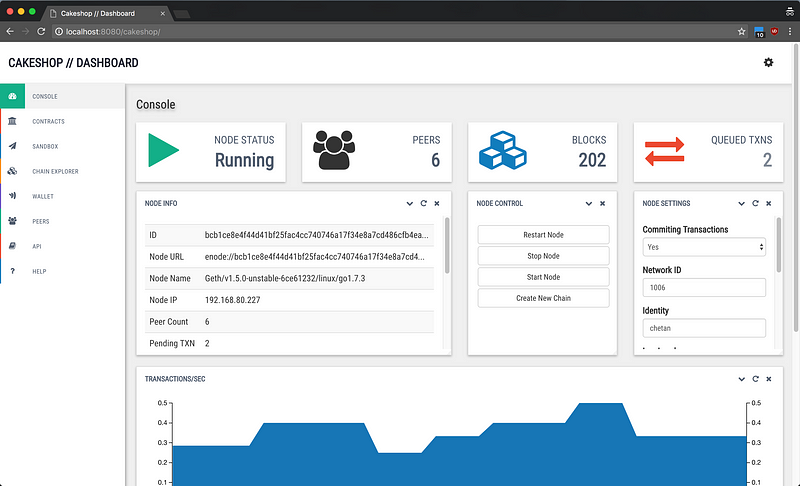
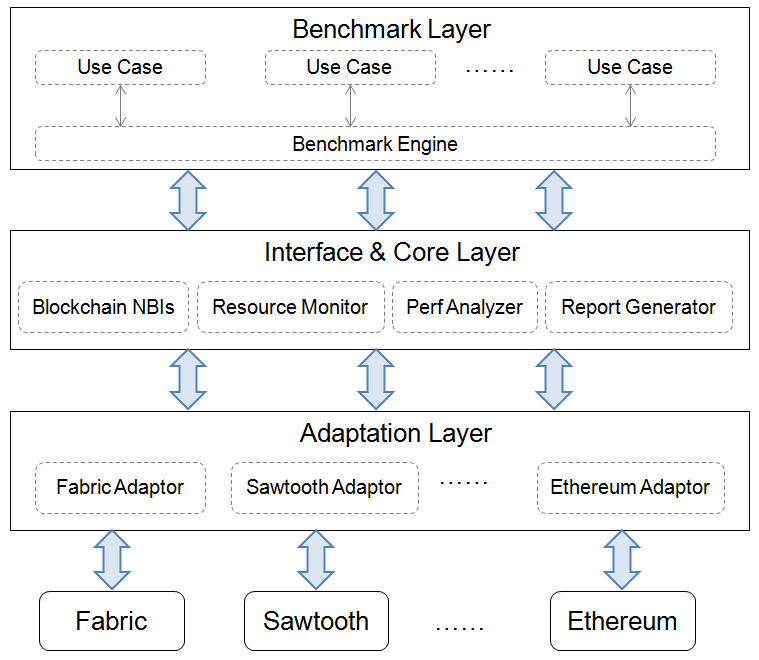
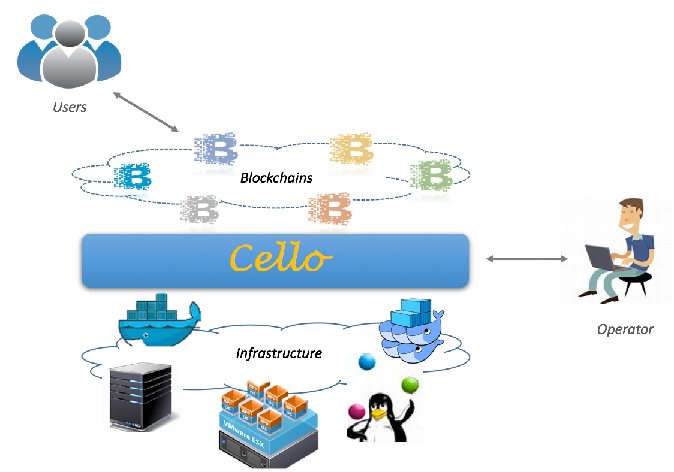
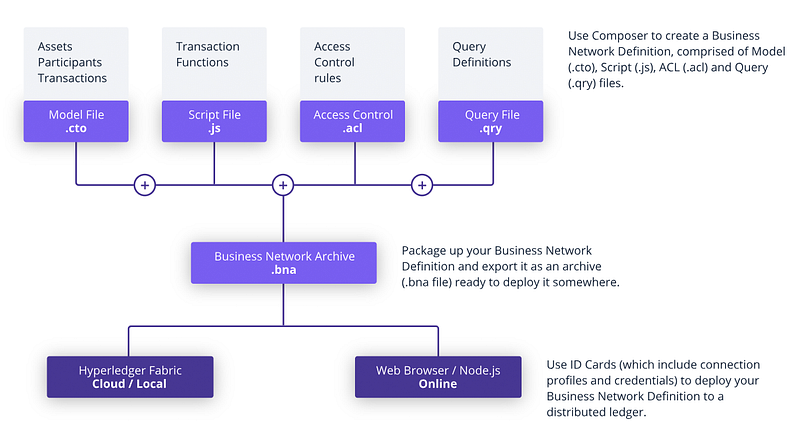
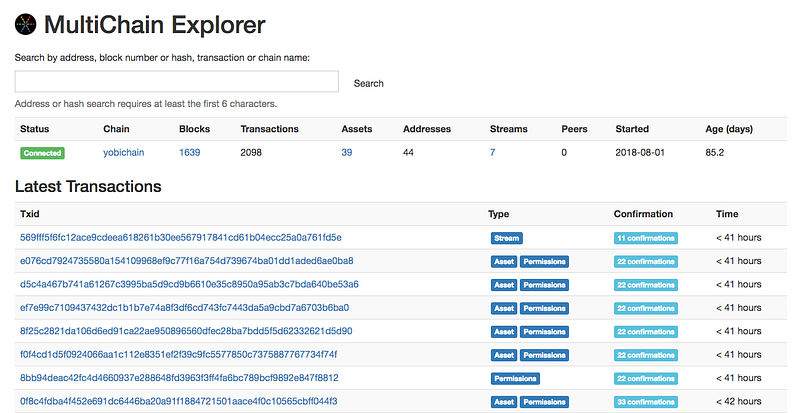
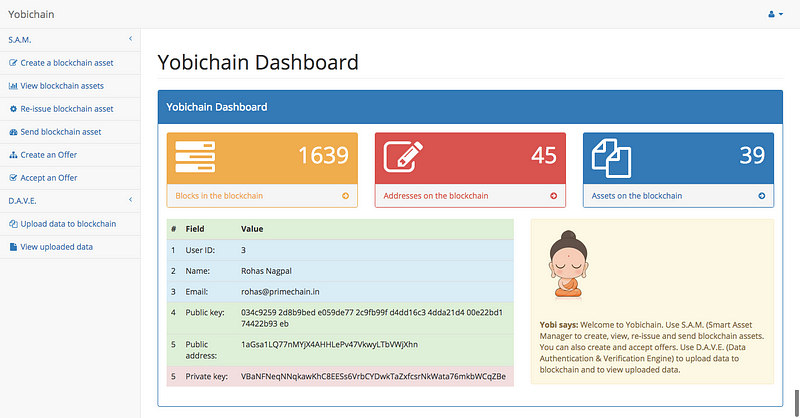
No comments:
Post a Comment